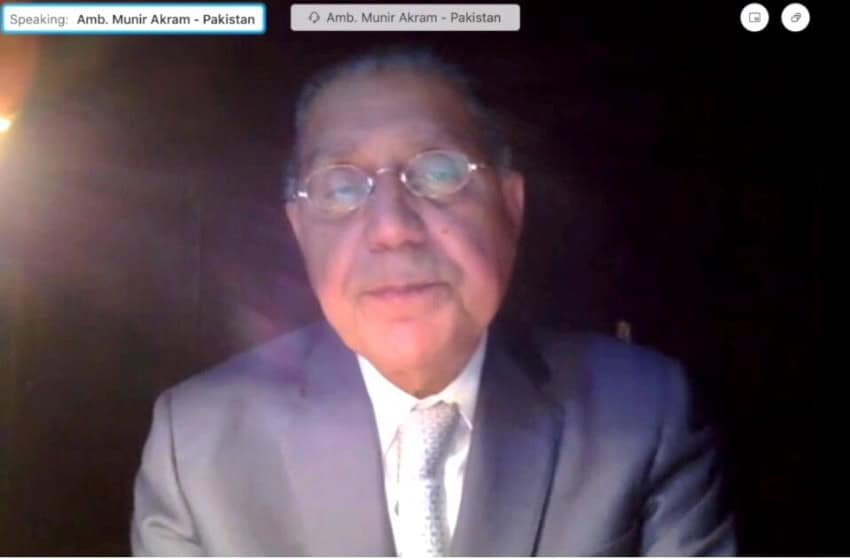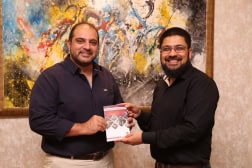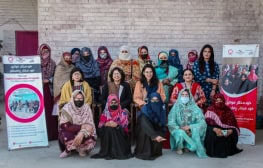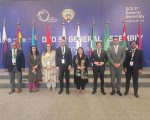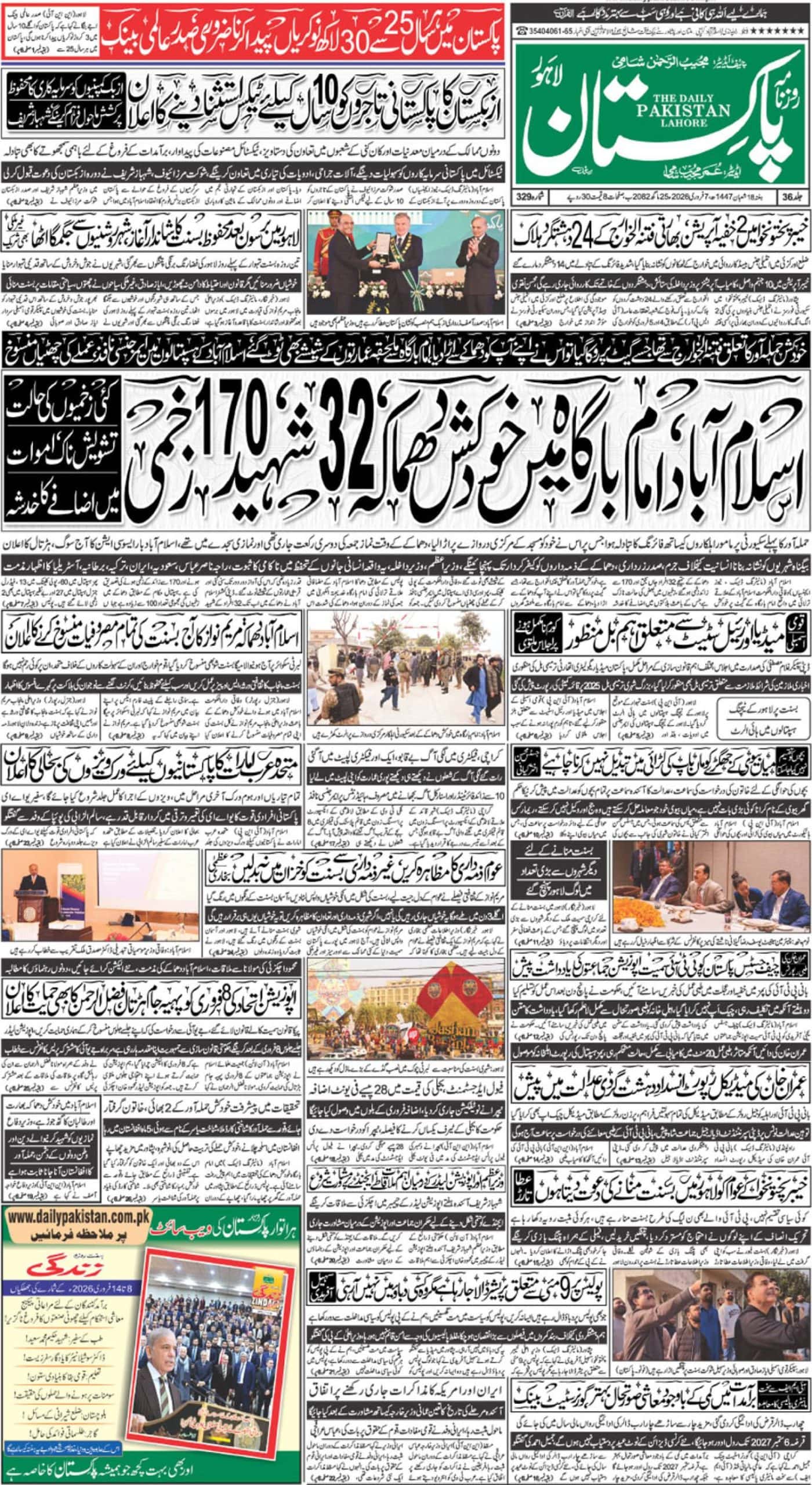NEW YORK – I would like to convey the greetings of our Foreign Minister Shah Mahmood Qureshi to His Excellency Mr. Hugh Todd, Minister of Foreign affairs Guyana, and to thank Dr. Mohamed Irfaan Ali, President of the Cooperative Republic of Guyana, for convening this meeting and for this insightful remark.
I would also like to take the opportunity to congratulate the Republic of Guinea on their upcoming chairmanship of Group of 77 and to ensure them Pakistan’s full support and cooperation during their tenure.
The COVID pandemic has devastated the economies of many developed countries and it has added to the multi-dimensional challenges that we are facing from the climate change and other endemic problems facing.
We must at this time, focus on specific objectives that we need to achieve in order to recover from the devastation that we are facing.
For the group of 77, unity is the key to success in achieving the objective.
A vaccine once developed must be available to all without discrimination and without favor.
But the critical requirement today is adequate finance to enable our economies to recover from the crisis. Let me enumerate the most important.
Firstly, debt suspension.
As far back as in April, Prime Minister Imran Khan of Pakistan called for an initiative for debt relief. We believe that the debt suspension by the G20 should be extended until the period that we have recovered from the pandemic. The least developed countries debt should be canceled, as they have asked. The debt restructuring for other developing countries, including through efficient debt buybacks and debt swaps must be implemented, sizable net inflows from the multilateral development banks should be invigorated.
Lastly, expanded concessional finance through the ODA and other sources, and fulfillment of other 0.7% ODA commitment.
Private Sector participation in debt suspension, including the launching of the global liquidity and financial stability facility that has been proposed by the Economic Commission for Africa.
And finally, and most importantly, the issuance of new SDRs, and the repurposing of existing and utilized SDRs for developing countries.
Most of these actions are already envisaged in Addis Ababa plan. That plan also indicates that investment in sustainable and resilient infrastructure, Energy transport, water, sanitation. These are prerequisites for achieving our development goals.
Investment in infrastructure will affect 92% of SDGs.
We need to mobilize an additional $1.5. trillion annually for investment in sustainable infrastructure.
As the current President of ECOSOC, I have proposed the establishment of an infrastructure investment facility as a public private partnership to accelerate sustainable infrastructure investment for developing countries.
I look to cooperate with the G77 in promoting this initiative.
We must also address, Madam chair, the structural inequality in the world economy.
We must ensure fair trade, creation of a UN mechanism for recovery and return of our stolen assets and illicit financial flows, forging a global consensus to address corporate tax avoidance, revise the investment treaties and unequal investment treaty in order to create a fair system of adjudicating investment.
And we must enhance the access of developing countries to advance technology and to bridge the digital divide.
This, Madam Chair, has a long agenda. And we know that under your guidance and under the guidance of our friends, from Guinea, we will be able to work together to bridge our differences, and to achieve our objectives. Thank you.

